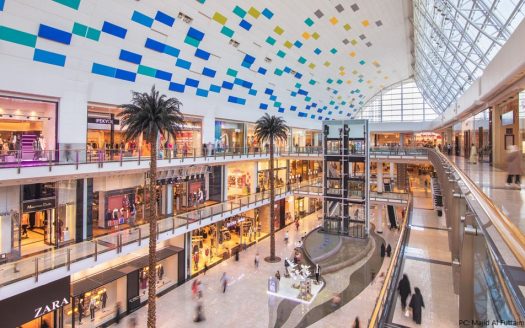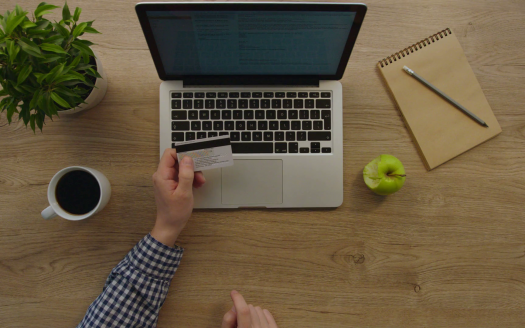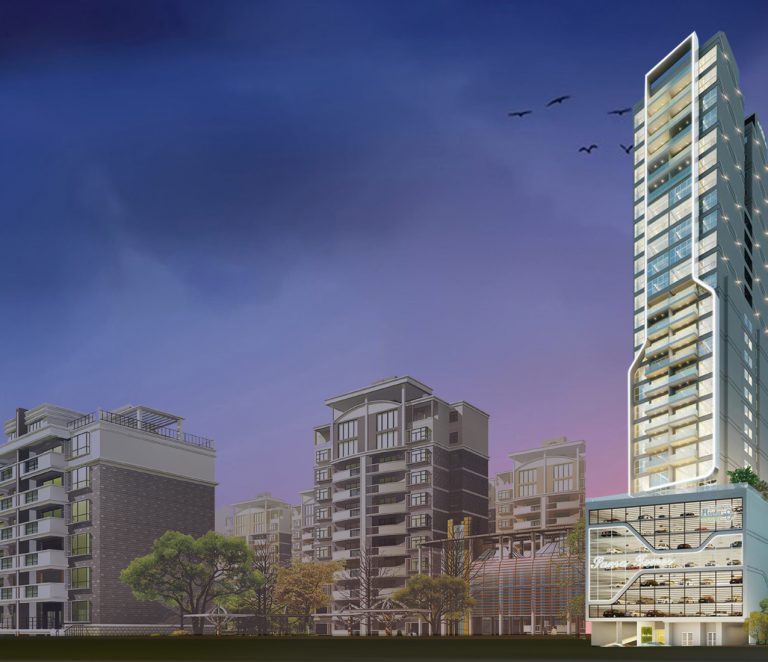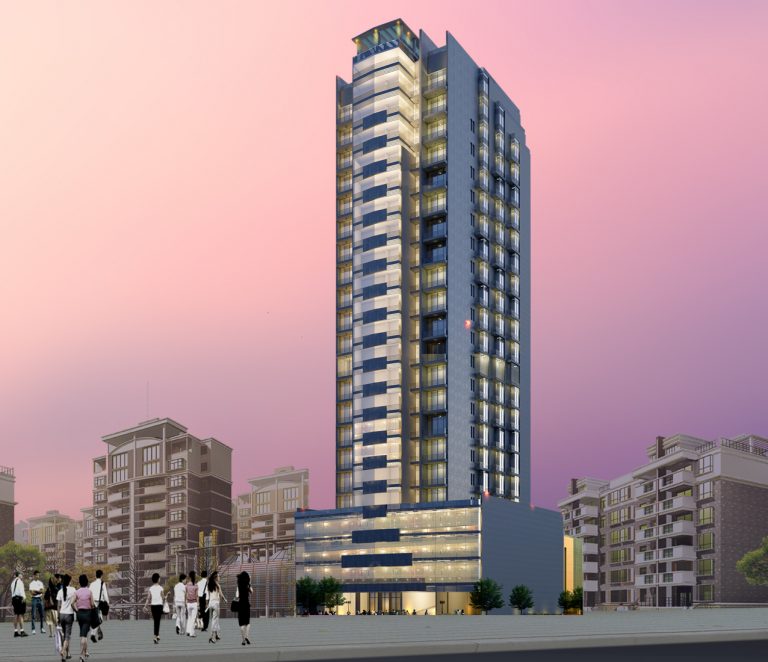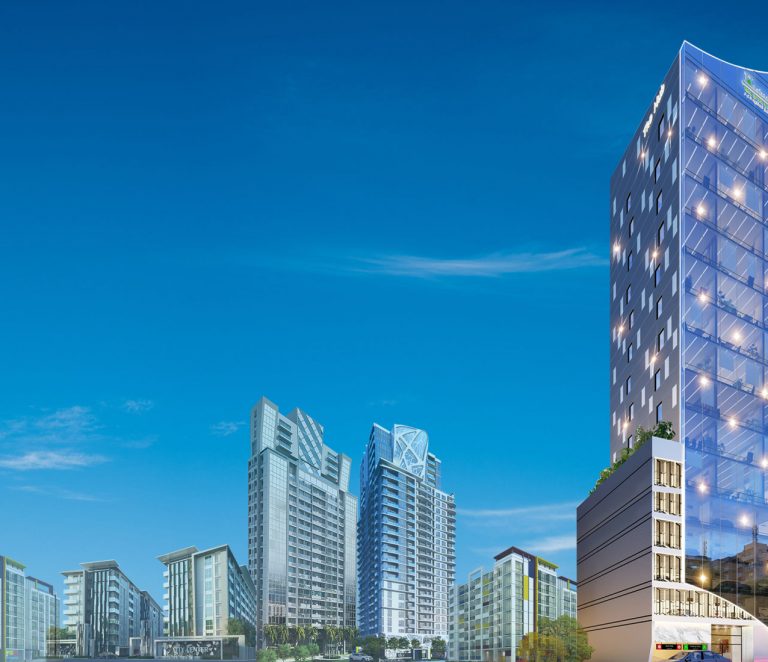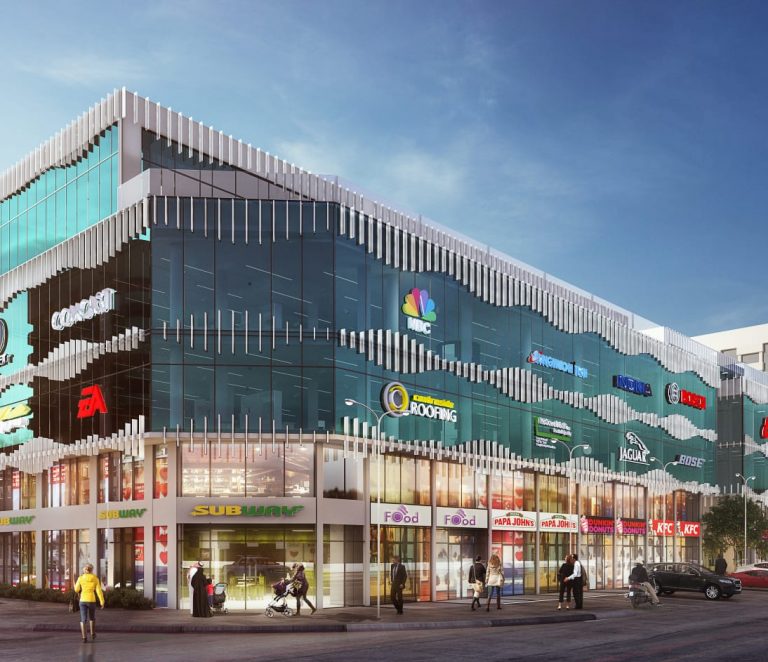Why Live in Bahrain
But even though ultra conservative Saudi Arabia is its nearest neighbour, Bahrain is one of the most liberal Gulf States. Women can drive and work; expat women do not have to cover their heads or wear abayas (floor length cloaks) though modest dress is advisable; and many restaurants are licensed.
Although there is a mosque on every corner, locals are not obliged to attend prayers (although many do) and other religions are openly practised. There are well established Anglican and Catholic churches and even a synagogue.
The tourist blurb may call it the ‘pearl of the Arabian Gulf’ but Bahrain is not a physically beautiful place. There is no spectacular desert scenery (most of the desert is crisscrossed by oil and gas pipelines) and no long, pristine, sandy beaches.
While remnants of its past are there – the forts, the palaces, the suq – the Bahrain of old, when the north of the island was covered in palms and fishermen and pearl divers strolled from their houses to the sea, is long gone. In its place are the shiny skyscrapers of Manama, large highways, shopping malls, hotels and office blocks. The outskirts of Manama, particularly the local villages, can be very shabby and rundown.
Bahrain is an archipelago of over 30 islands, most of which are uninhabited. Bridges and causeways link the three main islands (Bahrain Island, Muharraq and Sitra) and you can drive across the largest, Bahrain Island, in about half an hour, so it doesn’t take long to get orientated.
The downside is you can get island fever. Most expats live on Bahrain Island, either in Manama or in Saar, Budaiya and Hamala to the west. More are moving onto Muharraq Island, where new beachside developments have sprung up on reclaimed land, and to a new development in Riffa next to the golf course.

